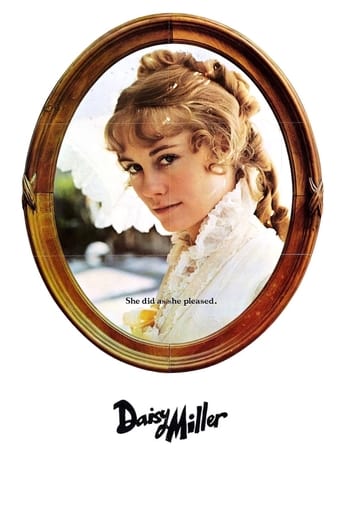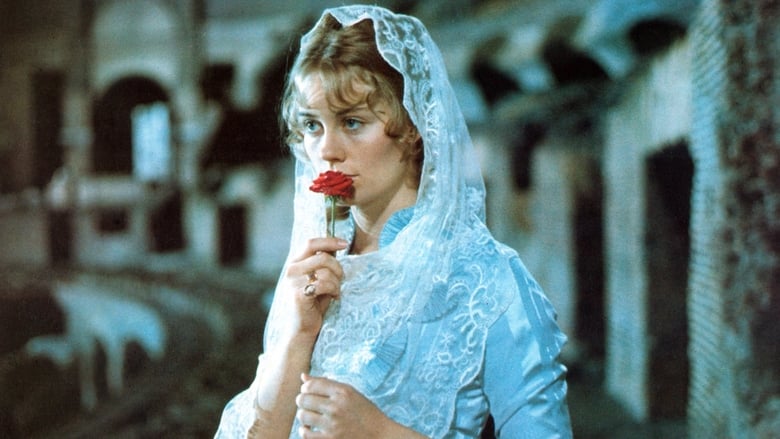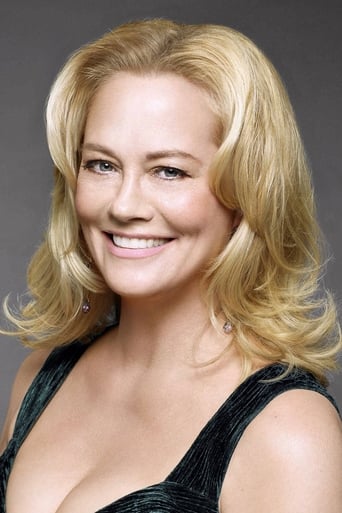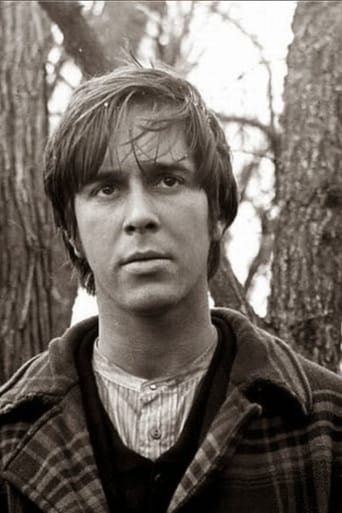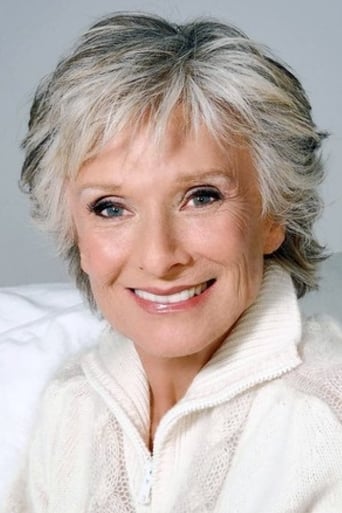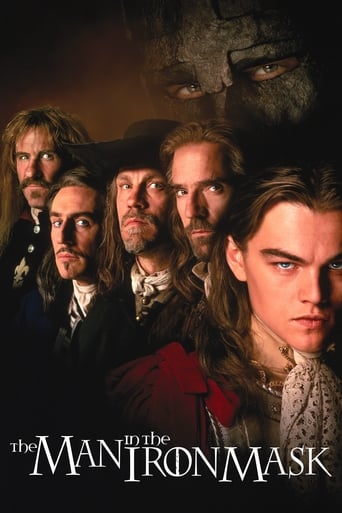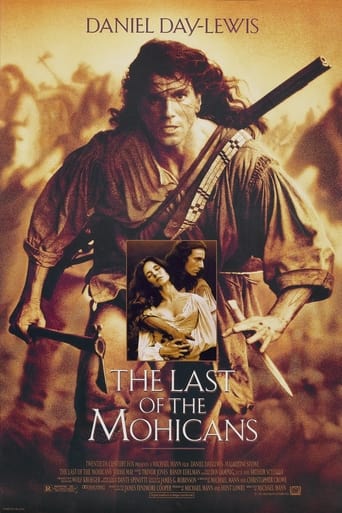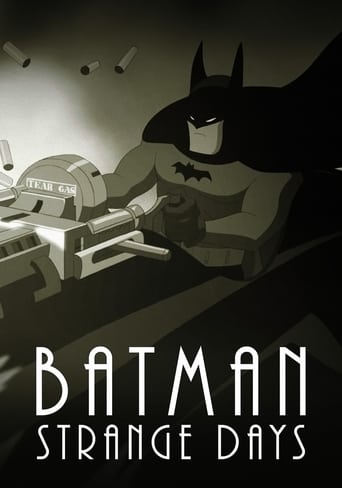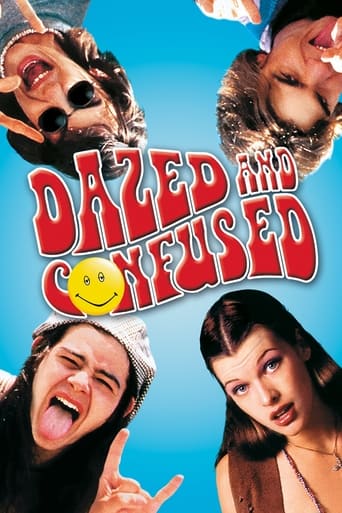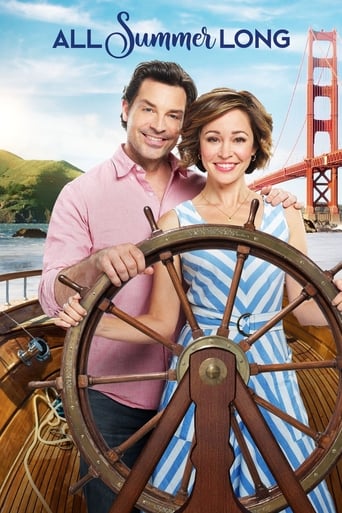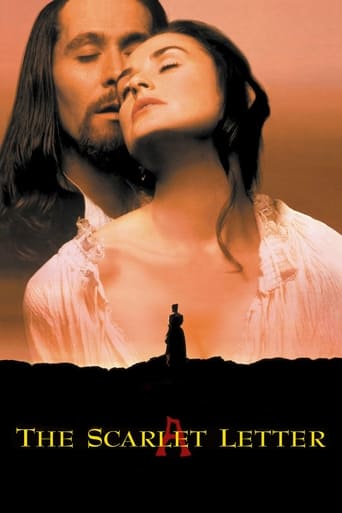Daisy Miller (1974)
Despite mixed emotions, Frederick Winterbourne tries to figure out the bright and bubbly Daisy Miller, only to be helped and hindered by false judgments from their fellow friends.
Watch Trailer
Cast


Similar titles
Reviews
This is a film adaptation of Henry James' Novella, "Daisy Miller." It is available on YouTube with annoying sub-titles.Cybil Shepherd more than adequately interpreted James' character, Daisy Miller. Something of an insubstantial flibbertigibbet, Miss Shepherd conveys that with a speeded, clipped speaking pattern. Never mind, the character Daisy Miller has something of a self-centeredness to her, to the point of self-destruction.The other principals were more than adequate, but that is why they get paid the sums they do.Peter Bogdonavich attempted fidelity to James' novella. But an important part of the James novella is the role of the omniscient narrator unfolding the story through interior monologue, a voice over, if you will; but not quite a voice over nor really similar to voice over.While Frederick Winterbourne provides the first person omniscient narrator, the reader is not fooled that this is Henry James speaking through Winterbourne. And James/Winterbourne can make any number of comments (ironic or snide) and observations that do not appear in the overt spoken dialogue of the story line.Look at James' narration following the opening gambit of dialogue: "The young lady inspected her flounces and smoothed her ribbons again; and Winterbourne presently risked an observation upon the beauty of the view. He was ceasing to be embarrassed, for he had begun to perceive that she was not in the least embarrassed herself. There had not been the slightest alteration in her charming complexion; she was evidently neither offended nor flattered. If she looked another way when he spoke to her, and seemed not particularly to hear him, this was simply her habit, her manner. Yet, as he talked a little more and pointed out some of the objects of interest in the view, with which she appeared quite unacquainted, she gradually gave him more of the benefit of her glance; and then he saw that this glance was perfectly direct and unshrinking. It was not, however, what would have been called an immodest glance, for the young girl's eyes were singularly honest and fresh. They were wonderfully pretty eyes; and, indeed, Winterbourne had not seen for a long time anything prettier than his fair countrywoman's various features—her complexion, her nose, her ears, her teeth. He had a great relish for feminine beauty; he was addicted to observing and analyzing it; and as regards this young lady's face he made several observations. It was not at all insipid, but it was not exactly expressive; and though it was eminently delicate, Winterbourne mentally accused it—very forgivingly—of a want of finish. He thought it very possible that Master Randolph's sister was a coquette; he was sure she had a spirit of her own; but in her bright, sweet, superficial little visage there was no mockery, no irony." That dialogue has to be filled in by the camera without commentary; the commentary/observation must be made by the audience which may or may not (mostly not) fill in. What the author saw as important, and the videographer saw as important, the audience may overlook completely. The omniscient narrator gives voice, while the videographer interprets that interior monologue and records in silence.So to say the film is 'faithful' to James' text is to speak to a lie and misunderstanding of the author's intent, the author's aesthetic, something that few films can capture without an extensive omniscient narrative voice over.The movie was worth seeing to revisit James' novella; it was competently produced with competent acting. But as always with any film adaptation of a novel too much subtly is lost, too much reliance on the audience to fill in the blanks, a capacity the audience may lack.
Excellent adaptation of the Henry James story about a willful girl in Europe and the price she pays.Peter Bogdanovich does an excellent job in recreating the long-ago world when Americans of means made "the grand tour" and saw everything there was to see in Europe. The leisurely world of the moneyed classes before World War I is beautifully realized here with breathtaking scenery, sets, and costumes. Just perfect.This film has been unjustly maligned for more than 30 years and needs to be re-assessed. The cast is just about perfect.Cybill Shepherd is the perfect Daisy. A naive girl from Schenectady who talks nonstop and flirts with all the men. The old women among the expatriate set think she's wicked, not very innocent, etc. But the callow American-born Winterbourne (Barry Brown) who has been educated in Geneva falls for her simple ways and beauty. Is she a mantrap? Or is she just what she seems to be.... a slightly silly girl who is a little too headstrong? Shepherd chatters and flirts to perfection, leaving Brown a flustered and confused suitor. Cloris Leachman is the ditzy mother. Mildred Natwick is the world-weary aunt. Eileen Brennan is the catty widow. Duilio del Prete is the "little Roman." Several scenes are standouts: Shepherd singing "Maggie" is a highlight. She sings nicely and is beautifully framed in a large window. The "spa" scene with Natwick and Brown is hilarious as the various "bathers" loll about in the hot-spring pool with various items floating about on inflated pillows. The aunt and nephew are taking tea while two old men play chess.... A vase with flowers drifts by... Oh so languid and leisurely an age. Og course being a Henry James story, poor Daisy does get her comeuppance.The film is a total treat, filled with good acting and humor and those gorgeous views of Vevey, Switzerland.
I agree with the above comments. Miss Shepherd's simpering performance sabotaged what was otherwise a very good film. Subtle, amusing in all the right places and well-directed by Peter Bogdanovich. Unfortunately Bogdanovich was so taken with Cybill Shepherd he failed to see that she was wrong for the part. She is outshone by a brilliant supporting cast including Cloris Leachman as the weak-willed mother and Eileen Brennan as a spiteful society woman. Henry James has never transferred well to the screen; one thinks of the disastrous "Portrait Of A Lady" where Nicole Kidman was colourless as Isabel Archer. This is about the best of the movies adapted from James (perhaps with the exception of "The Heiress" which was an adaptation of "Washington Square") and it benefits from its' sumptuous location photography - it was filmed in Switzerland and Rome.
This is a good movie, The acting and photography are both excellent. My understanding is that the aim of this story is to indicate the clash of cultures between the naive American and the pensive and suspicious European at the time around the First World War. This was later illustrated by the tragic failure of President Woodrow Wilson in his futile attempts to make the League of Nations work and to make the world safe for democracy. However, unless the viewer understands this background, he/she will never appreciate it just from watching this film. Perhaps this film should not be made at all

